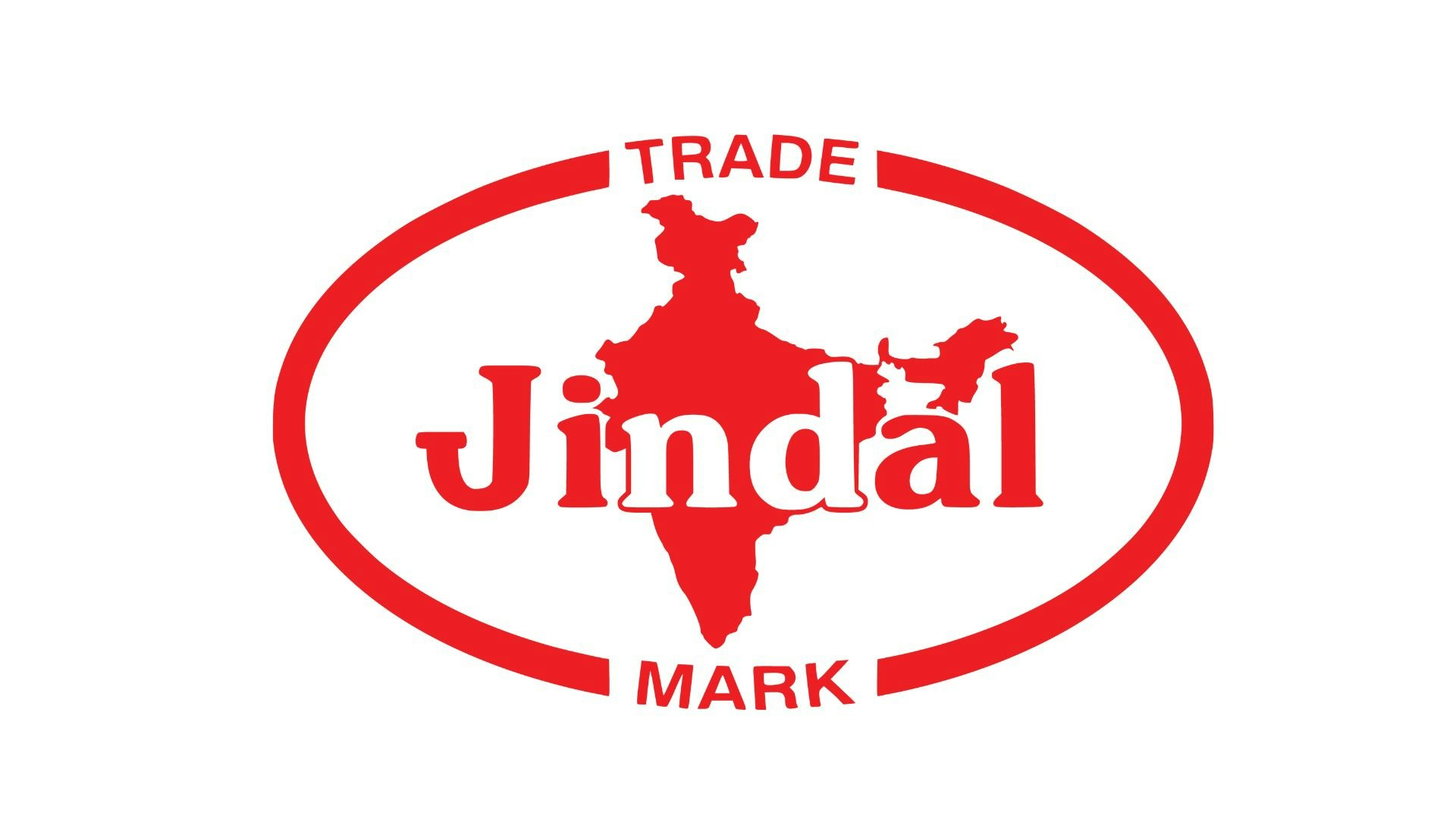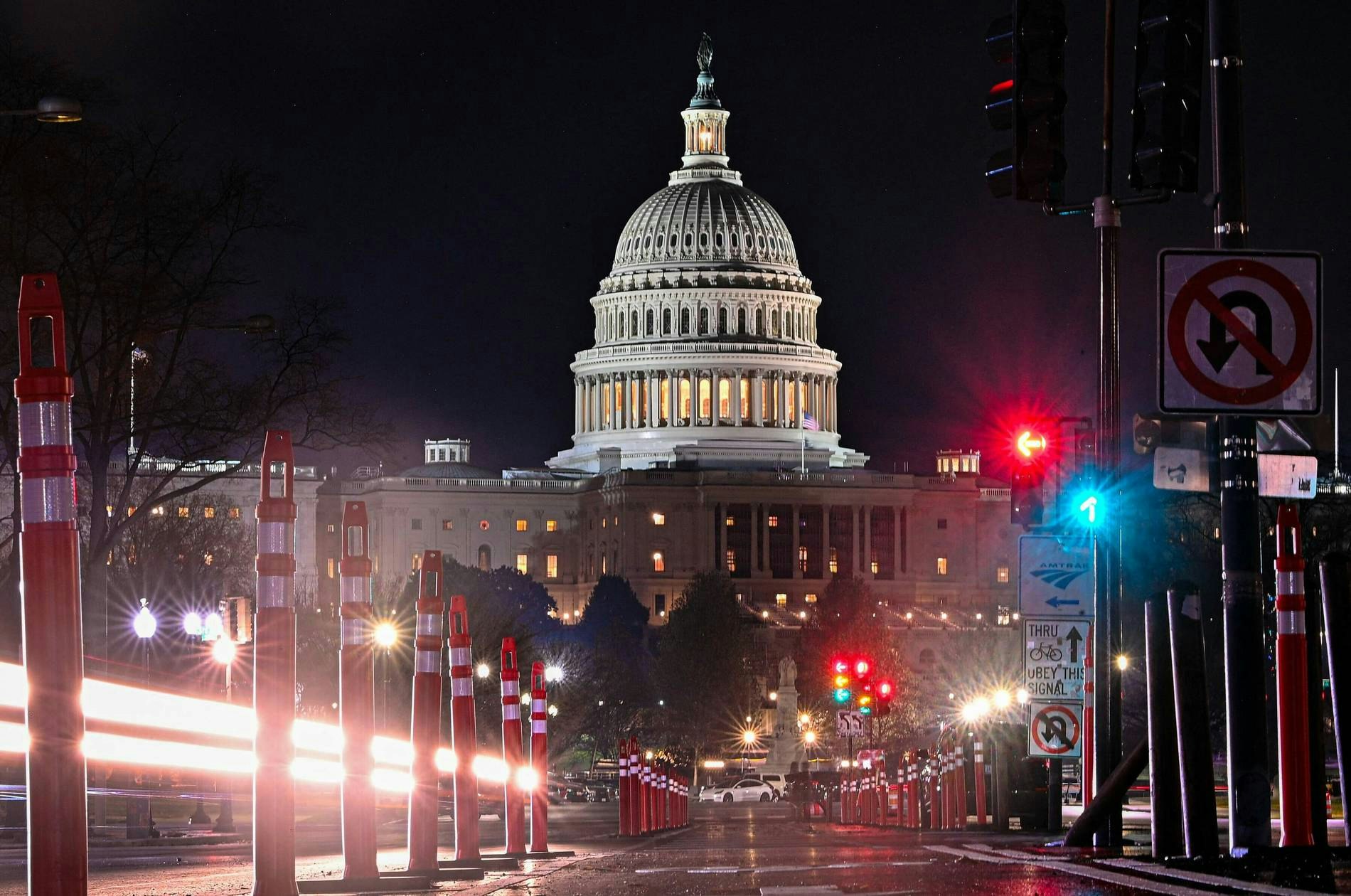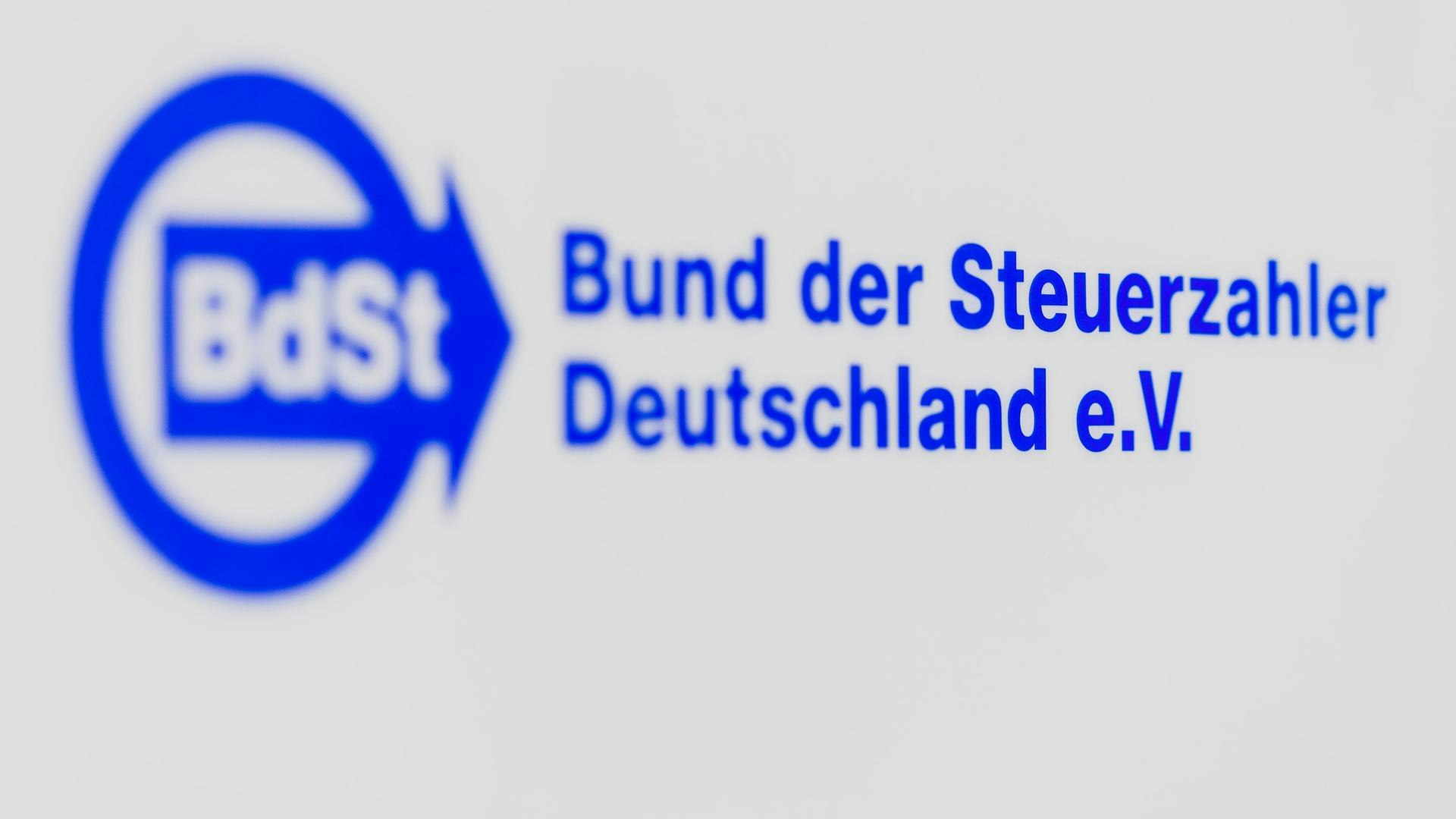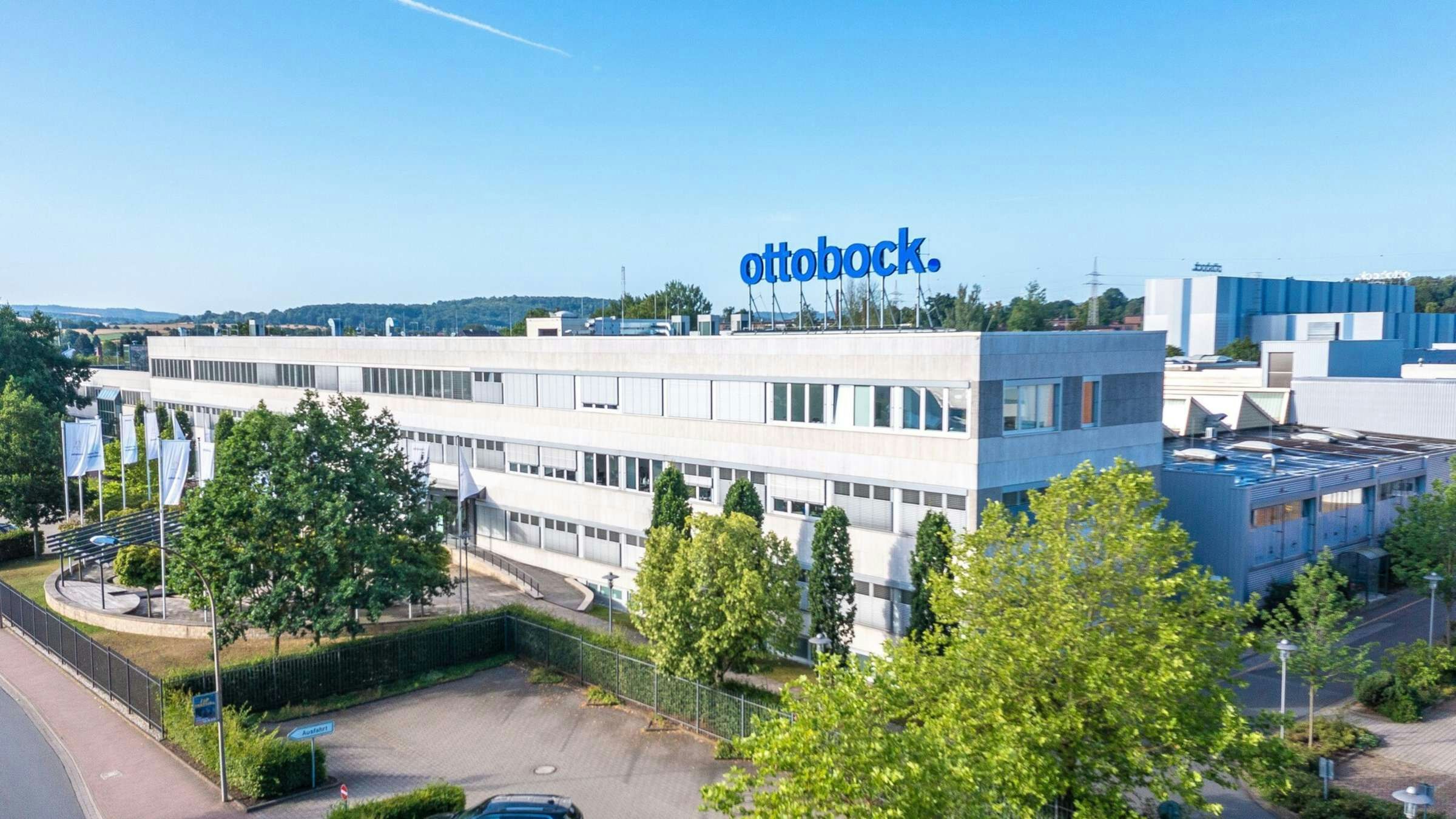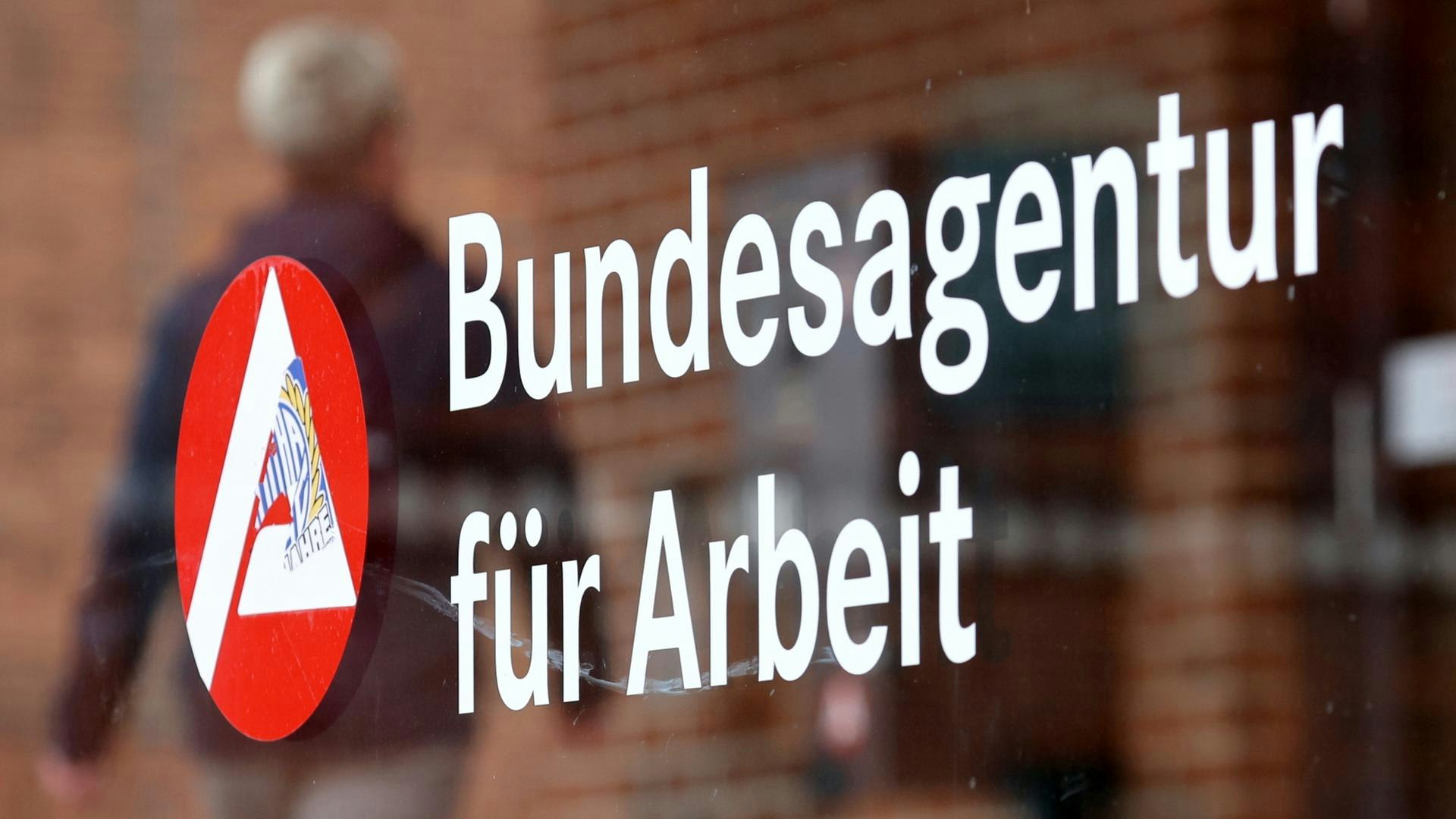A Beacon of Hope from India
With a non-binding offer for Thyssenkrupp Steel Europe, the Jindal Group is causing a stir. Naveen Jindal, entrepreneur and politician, presented himself as an investor with a long-term vision: They believe in green steel in Europe and want to invest in Duisburg. Personal letters to employee representatives were meant to build trust—the tone was unusually respectful.
Financial Reality
The situation is clear: Jindal Steel recently generated around 4.8 billion euros in revenue with an EBITDA margin of 19 percent – significantly more profitable than Thyssenkrupp Steel Europe with less than a 3 percent margin. According to insiders, Jindal initially wants to take over 60 percent of the shares, then increase the stake. There are no details on the purchase price yet. Industry estimates suggest the division could be worth 1.2 billion euros – however, 2.5 billion euros in pension obligations weigh on the business. The result would be a calculated negative purchase price of around 1.3 billion euros.
Strategic Plan
Jindal aims to score with an integrated supply chain: iron ore from Cameroon, direct reduction plants in Oman and Duisburg, plus an electric arc furnace. This is intended to reduce costs and accelerate the transformation to green steel. Consultants consider the concept to be coherent – the crucial factor will be whether the promised investments actually materialize.
Skepticism about Mauritius Construction
The offer does not come directly from Jindal Steel, but from the Mauritius-based Jindal Steel International. This company is active in several countries, but its financial resources are difficult to understand. Critics point to the lack of transparency of the structure and question whether the funds for billion-dollar investments are actually available.
Political Dimension
A sale to India could also have geopolitical implications. Jindal buys large quantities of coking coal from Russia and exports there itself. India benefits overall from Western sanctions against Moscow, which could make the deal politically delicate.


